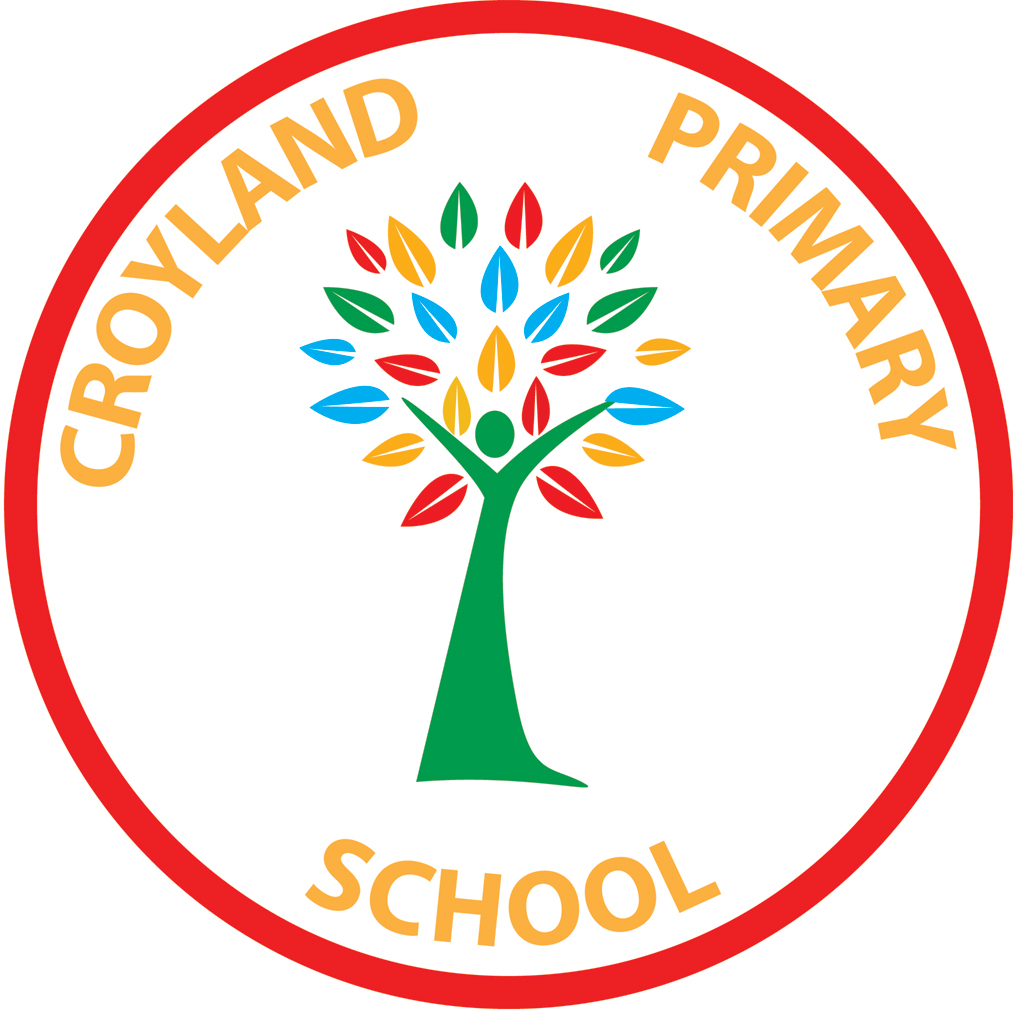History
Learning about, and understanding the past, to make connections with how we live now.
History at Croyland Primary School
The National Curriculum states that History helps pupils to understand the complexity of people’s lives, the process of change, the diversity of societies and relationships between different groups, as well as their own identity and the challenges of their time. Our History curriculum is built using our school curriculum drivers, and ensures that children have rich cultural capital, with the vital background knowledge required to be informed and thoughtful members of our community who understand and believe in British Values, and how these have been changed and built over time.
At Croyland, we are passionate about providing our children with a curriculum which encourages them to think and ask questions. History is a subject where children can dig deeper to build their knowledge and understanding of the world. In developing a curriculum for the children at Croyland, we have used the Chris Quigley knowledge webs to assist in the development of our long term plan.This works on the principle that the curriculum needs a ‘forwards and backwards’ approach. It ensures that the pitch of the learning is high, and provides teachers with appropriate support in developing their own subject knowledge. By developing a long term plan where concepts are frequently revisited, it gives children the opportunity to build on previously learnt knowledge and revise their understanding of the concepts. Alongside the units which have been developed using Chris Quigley, it is also important to respond to the local area and significant moments within its history. We therefore include Wellingborough as study in both Year 1 and Year 2, and in Year 6 we consider the impact of the Shoe Industry in Northamptonshire. Within the long term plans, vocabulary is a key focus. The vocabulary is taught within a progressive manner, building upon what has been previously learnt.
By the end of each milestone (Year 1/Year 2, Year 3/Year 4, Year 5/Year 6), the goal is for children to display sustained mastery, or for some children a greater depth of understanding.
